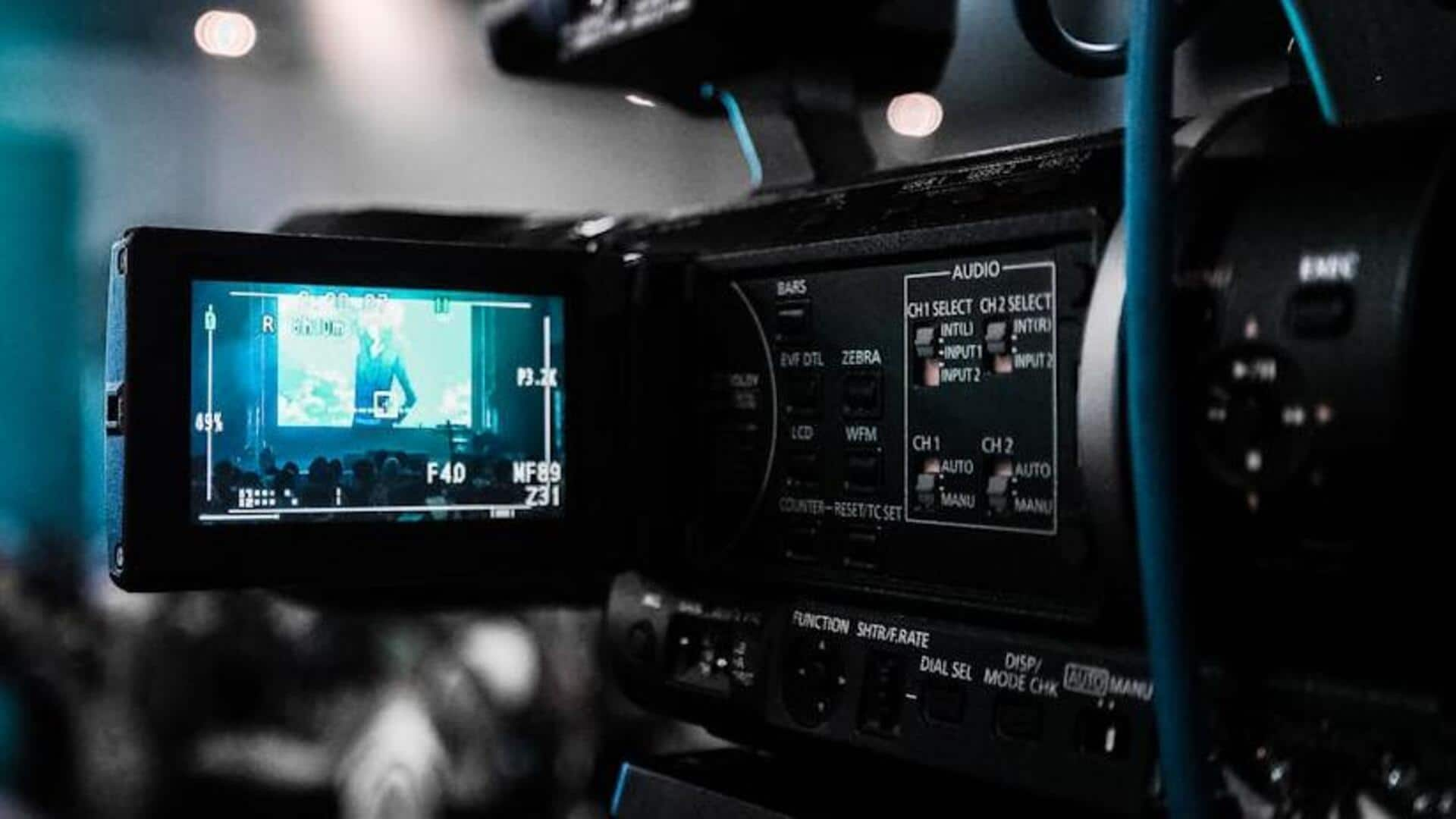
Hollywood films that blend time travel with historical narratives
What's the story
Cinema that delves into history often weaves a compelling mix of fact and fiction.
Films that incorporate elements of time-warping bring an added layer of intrigue, allowing audiences to witness historical events with a creative twist.
This article focuses on five films that adeptly blend time travel with historical narratives, offering viewers a unique lens through which to view and understand the past.
Film 1
'Midnight in Paris'
Midnight in Paris (2011), crafted by Woody Allen, is a romantic comedy that transports viewers back to the 1920s.
Gil Pender, a modern-day writer, finds himself unexpectedly among the legendary artists and thinkers of the era each night at midnight.
The film masterfully blurs the lines between present and past, celebrating historical figures while contemplating nostalgia and the essence of creative inspiration.
Film 2
'Titanic'
James Cameron's Titanic (1997) skillfully intertwines a modern treasure hunt with the tragic voyage of the RMS Titanic.
The narrative follows a romance between two passengers from vastly different social backgrounds, set against the backdrop of the ship's doomed journey.
Concurrently, it portrays present-day explorers endeavoring to unravel mysteries entombed in the ocean's depths within the ship's wreckage.
Film 3
'The Map of Time'
Felix J. Palma's The Map of Time is a novel ripe for film adaptation, with its complex plot unfolding in Victorian London.
Characters engage in supposed time travel, attempting to change historical events.
This narrative intertwines actual historical figures, creating a vivid and intricate story that promises to translate into a visually stunning and thought-provoking movie experience.
Film 4
'The Conspirator'
The Conspirator (2010), directed by Robert Redford, revisits the intense manhunt for John Wilkes Booth following the assassination of Abraham Lincoln.
The film's spotlight is on Mary Surratt, who faced accusations of being part of the infamous conspiracy.
Although it doesn't feature time travel, it reframes historical events from a contemporary perspective, provoking thought on the themes of justice and truth.
Film 5
'The Witchfinder General'
The Witchfinder General (1968) immerses viewers in the English Civil War era, focusing on Matthew Hopkins.
He manipulates prevailing superstitions, ruthlessly pursuing those he labels as witches to gain profit.
This horror narrative not only recounts historical cruelties but also serves as a stark commentary on the timeless themes of exploitation and the abuse of power.